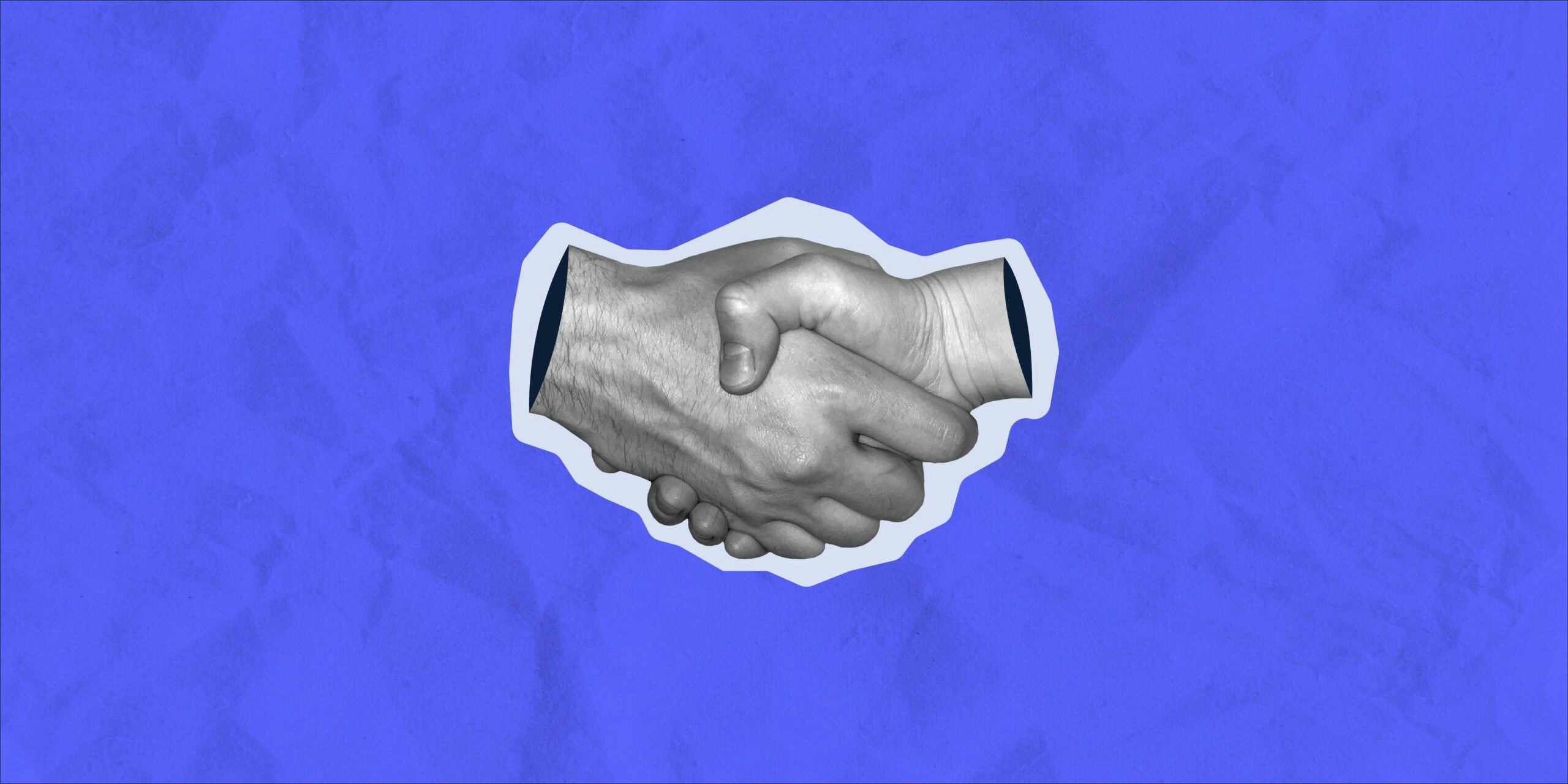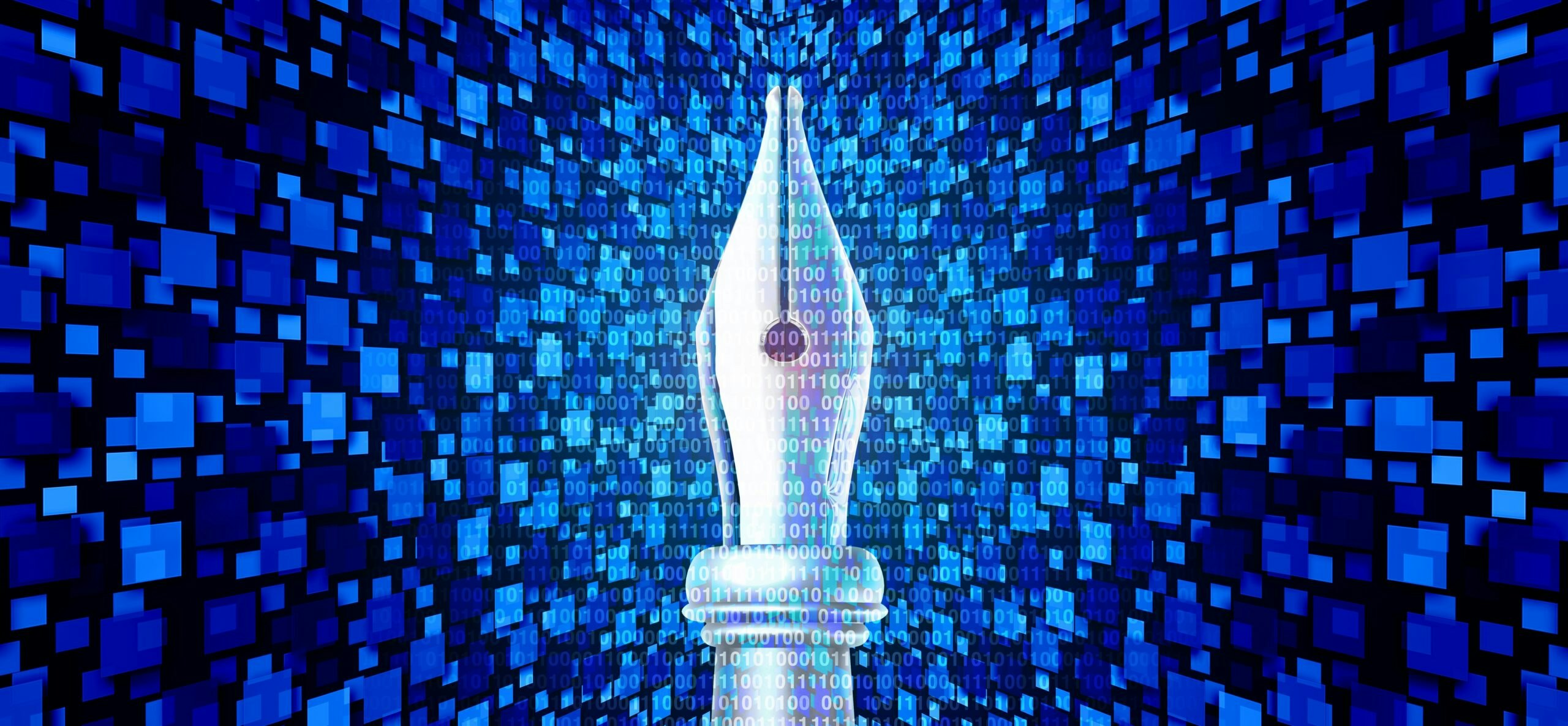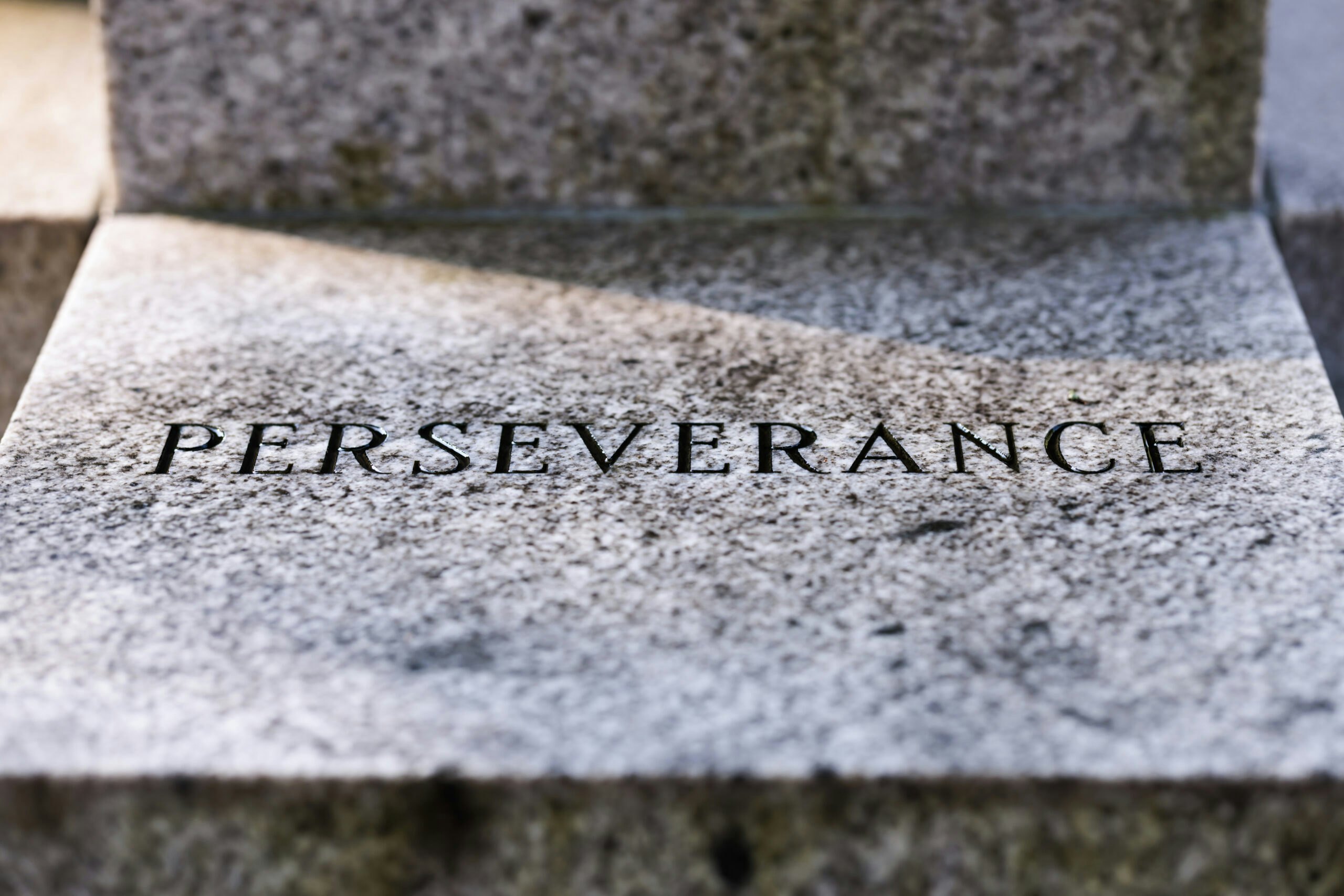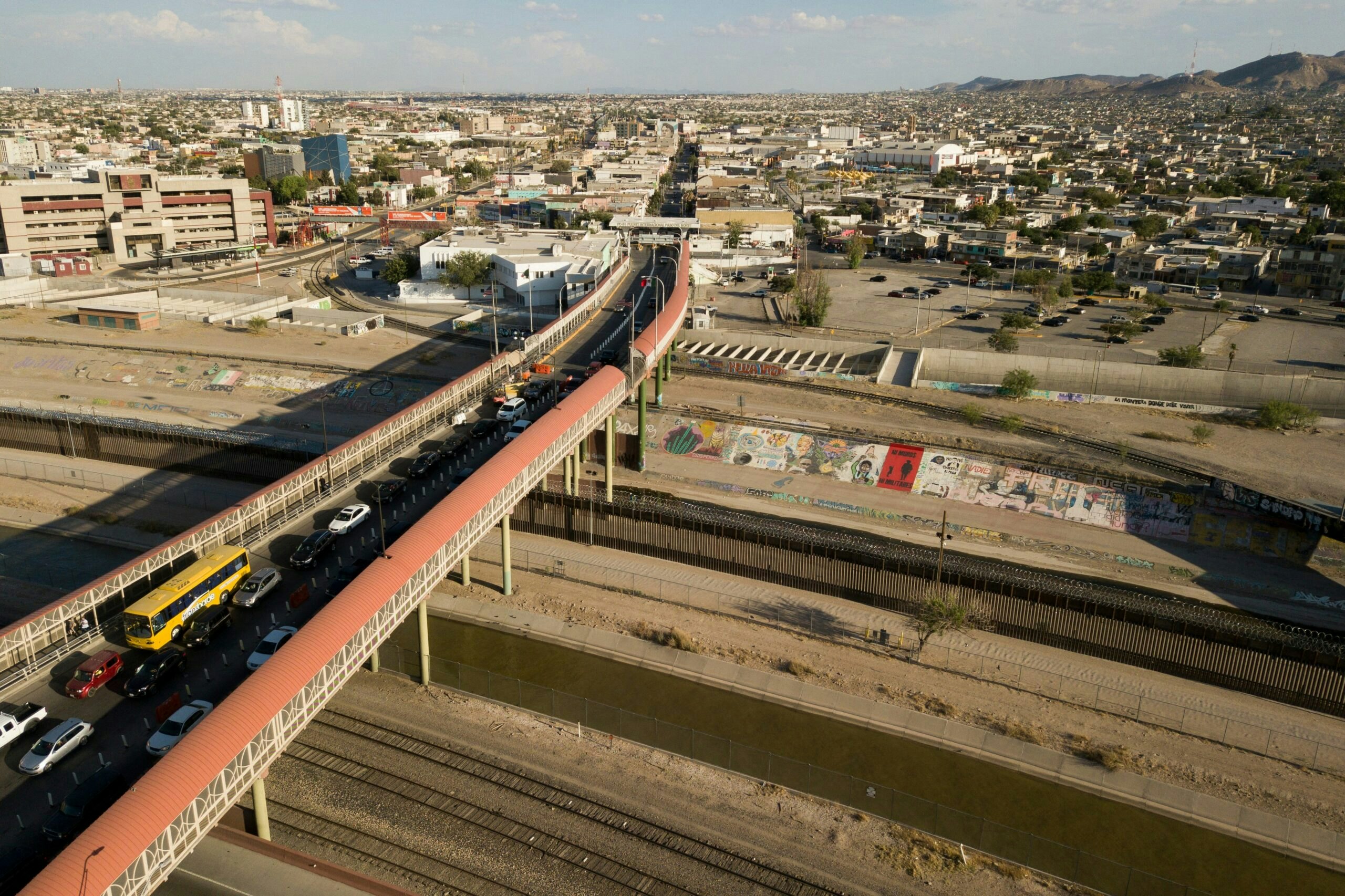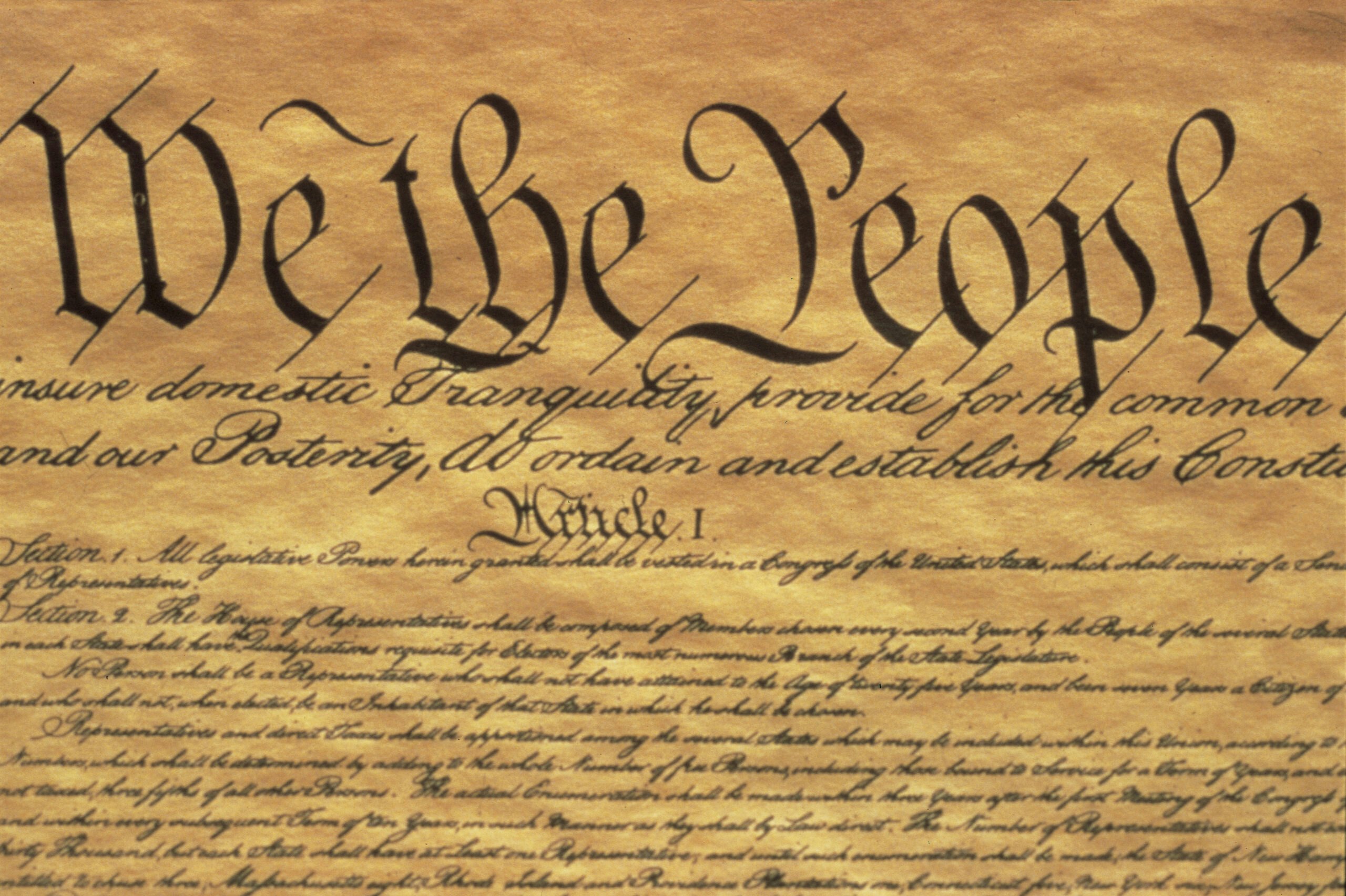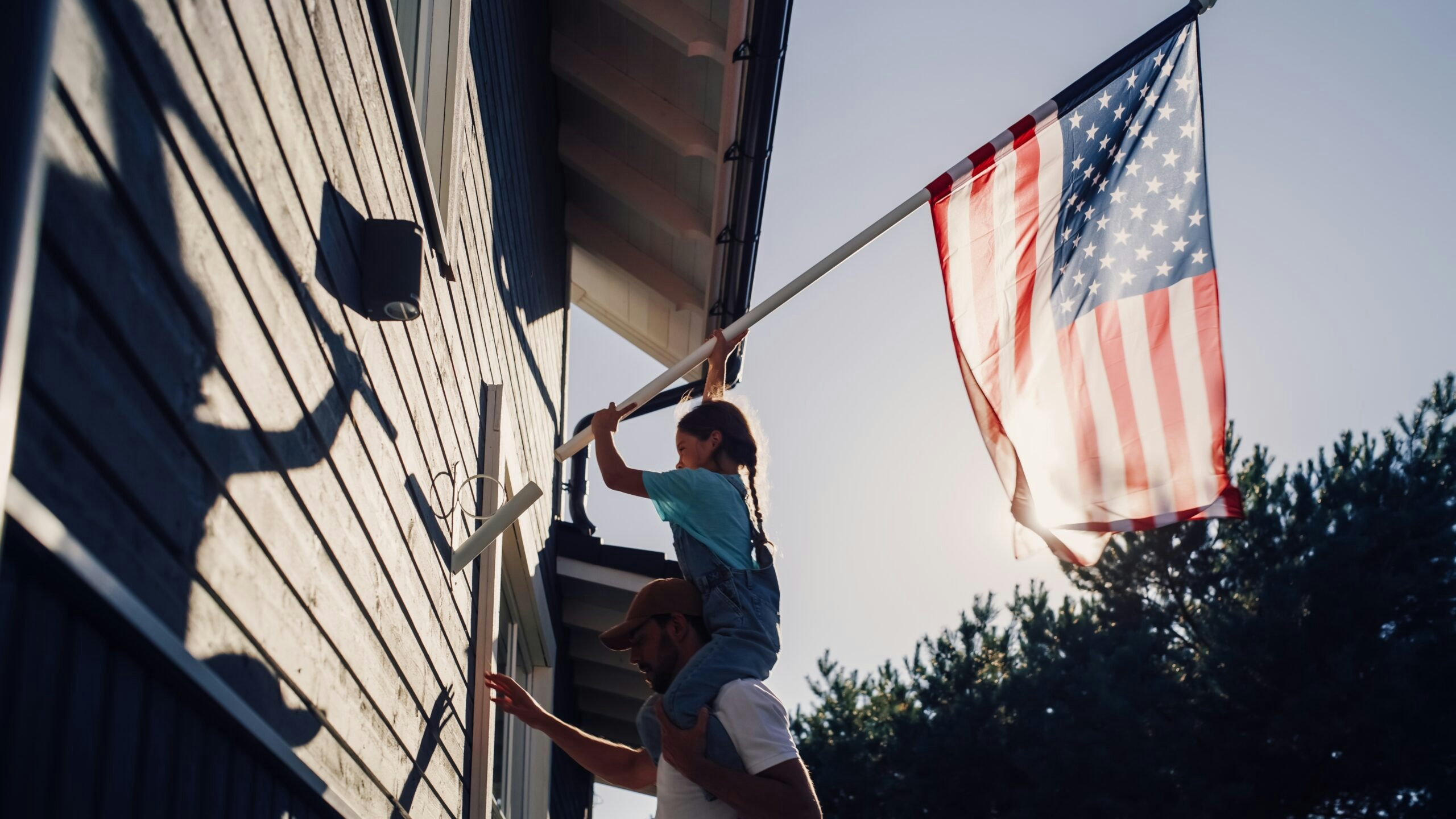Pastor Richie Butler speaks about the meaning of religious freedom and how it has been central to the work of Black churchgoers.
Pastor Richie Butler leads St. Luke Community United Methodist Church, one of Dallas’ historic and leading Black Protestant churches. The Harvard Divinity School graduate, who earned his undergraduate degree at Southern Methodist University, spearheaded the interfaith Project Unity initiative in Dallas and is a participant in the city’s Faith Forward program. Butler also has had a career in real estate development.
The one-time college athlete spoke about the meaning of religious freedom with Lindsay Lloyd, the Bradford M. Freeman Director of the Human Freedom Initiative at the George W. Bush Institute, and Chris Walsh, Senior Program Manager in the Human Freedom Initiative. Butler contends that freedom of religion has been central to the work of Black churchgoers. That includes today, where he says that “the church has left the building” when it comes believers going out and tackling challenges like the Covid-19 pandemic. The text below has been excerpted from the video interview and edited for length and clarity.
You lead a historically Black church, so what does religious freedom mean to the Black church today?
I don’t know if we’ve spent a lot of time historically thinking about religious freedom in the Black church. But religious freedom has been the core of the work of the Black church. It helped to usher in the civil rights movement because, remember, it was the Black church and Dr. [Martin Luther] King and others before him who organized the movement. Many public figures who came out of it were Black clergy.
During slavery, Black church leaders figured out how to leverage the church to send messages, using songs like “Swing Low, Sweet Chariot.” That wasn’t talking about heaven. It was a message as part of the Underground Railroad.
So, the Black church has been a freedom fighter for injustice and particularly for the rights of African Americans. I don’t know if the Black church could have had the same level of success in the way of social justice had it not been for a nation that allows for religious freedom. Our fight for justice has been illuminated and undergirded by this very notion of religious freedom.
Religious freedom has been the core of the work of the Black church. It helped to usher in the civil rights movement because, remember, it was the Black church and Dr. [Martin Luther] King and others before him who organized the movement. Many public figures who came out of it were Black clergy.
What is it about the quest for religious liberty that impacts the search for human dignity generally? Is there a connection there? If so, what is that connection?
I definitely believe there’s a connection, especially for those of us in Christendom. There is this notion that in God, or in Christ, we have liberty, we have freedom. We have life. There’s this constant quest to have that realized not just in our personal expression, but also in how that impacts community, how that impacts families, how that impacts how our government operates.
That doesn’t mean superimposing my doctrinal beliefs and way of thinking. In my own faith, the point is to bring out the best of humanity and the best that is found within you and me. That’s the connection, and that is the effort I’m trying to strike in my faith.
What do you see as the impact on religious freedom of the rise of the “nones” — people who might consider themselves spiritual, but they have no religious affiliation?
Those who are rooted in religion have to ask the tough, probing question, “Why is there a whole population of nones?” There’s also another group of “dones,” those who are done with organized religion.
As we unpack this issue, we will see that part of their rise is because, in many instances, religion has been the great divider. It has undergirded wars and forms of oppression. Some want something more authentic and feel like they can find that on their own versus going to a house of worship.
Religious leaders have to ask where we have dropped the ball. We are not as authentic as we think, and we may be more dogmatic in our approach. But here’s the beauty of religious freedom: If we were in a society where this kind of diversity did not exist, we wouldn’t be able to wrestle with that kind of question. This is part of us evolving as human beings.
The way I saw God 20 years ago is different than the way I see God today, and that should be the case. We all should be evolving, and those who are “done” and those who are “none,” they’re helping religion evolve. That is healthy.
Do you see a connection between religious liberty and a country or a community’s stability? Do those things work together in harmony?
Religious liberty is part of community. America is a shining star in that regard. I will acknowledge that whenever you bring human beings into the mix, there are challenges. But that’s the beauty in the process of freedom. We are ever evolving and recognizing things that we did not recognize or understand decades before.
Sometimes the faith community is the last to evolve because we’re holding on to what was. We have our work cut out for us because religious oligarchies shut everything down. That is dangerous and we want to avoid it.
But the whole process of freedom is such an empowering vehicle. It moves us toward, as I say every Sunday, being all that God has called us to be.


















